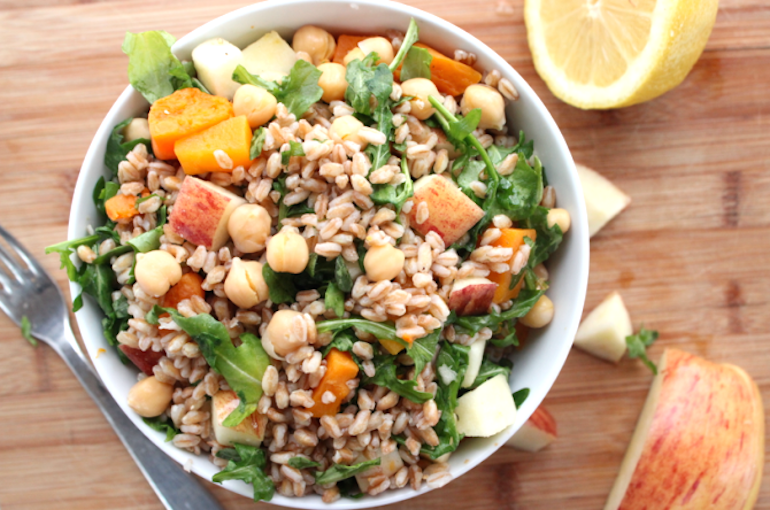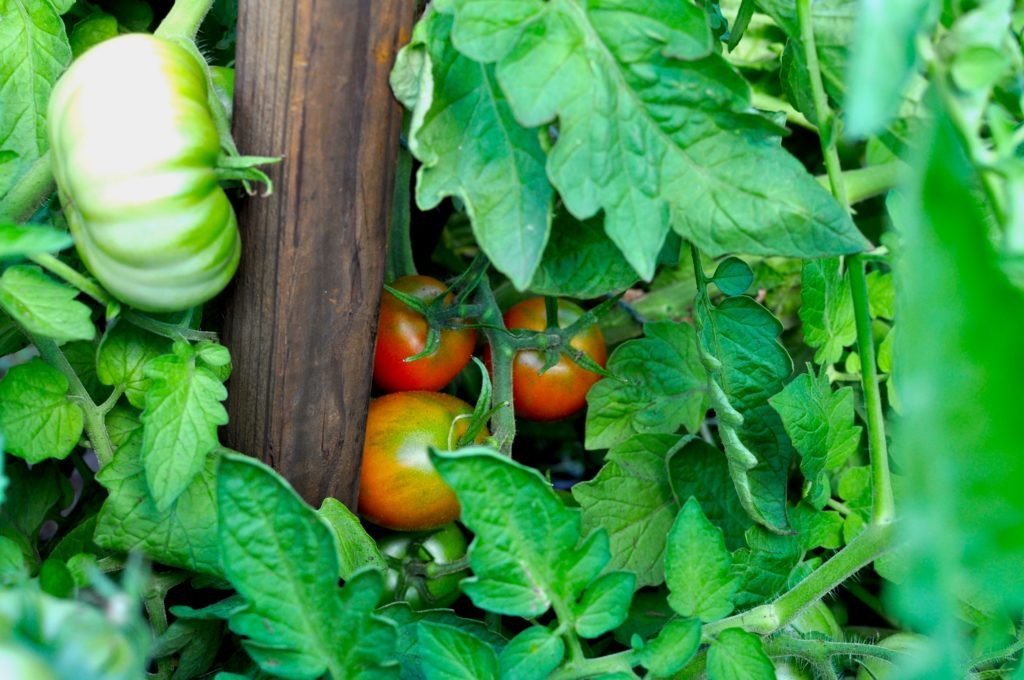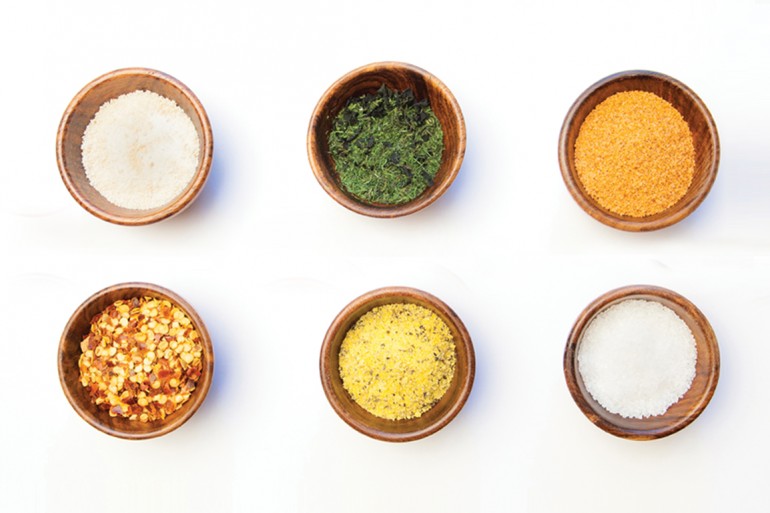“Ayurvedic medicine” may sound like something technical or complicated, but it’s far from it. This practice, commonly referred to as “Ayurveda” is an ancient holistic medicine practice that originated in India thousands of years ago. Despite its age and worldwide popularity, it has only started to make its way to Western kitchens in recent years. Emphasizing the connection between one’s body and mind, Ayurveda is not about treating illness, but rather promoting life-long health through positive lifestyle habits.
As a holistic practice, Ayurveda encompasses many aspects of one’s life—sleep, stress, mindfulness, and, of course, diet. And no, we don’t mean “diet” in the sense of weight loss and cutting out of food groups, but rather the mentality that when consumed properly, food has the incredible capability of nourishing our body and soul.
While modern fad diets can lead to a negative relationship with food due to their restrictive nature, Ayurveda celebrates the medicinal aspect of food and the body’s incredible ability to transform food into nutrients and energy. Even more, Ayurveda emphasizes forming a positive relationship with food, with simple mantras that can apply to any lifestyle or cuisine.
Those who practice Ayurveda believe that digestion is at the heart of good health. After all, what good are the nutrients in our food if our body can’t properly absorb them? For this reason, it’s not just about what we eat, but also how we eat. Here are some simple ways to incorporate Ayurveda into your daily routine.
Sit Down and Slow Down at Meal Time

Photo courtesy of @Apetitu on Flickr
With the busy lives that we all live, it seems that meal time has lost its place, as people opt for grab-n-go meals and desk lunches. However, taking the time to sit and enjoy your food slowly is vital, because when we rush through meals we end up not chewing food thoroughly, which impedes proper digestion. Take this as an opportunity for some relaxation and to fully enjoy the flavors of your food.
Eat Your Biggest Meal of the Day at Lunch

Photo by Katherine Baker
According to Ayurvedic medicine, you should do like the Spaniards and eat your biggest meal at mid-day (not in the evening). The concept of eating when one’s digestive power is strongest is perhaps the most important component of the Ayurvedic diet. Since one’s agni, or “digestive fire,” is at its peak functionality at mid-day, this allows the body to fully digest a big lunch before evening, when digestion begins to shut down.
Unplug While You Eat

Photo courtesy of @Joseph Morris on Flickr
Despite the temptation to catch up on social media while munching, looking at screens activates our central nervous system, which can interfere with digestion. Even worse, screens prevent us from fully paying attention to what’s on our plate, which can lead to overeating. Instagram can wait; let your food have its moment in the spotlight.
Make Natural, Whole Foods Your Best Friends

Photo by Sasha Kran
An important principle of Ayurveda is that our lives and bodies should be in tune with nature in order to achieve good health. One main reason for this is that our bodies possess the innate ability to process foods that are most natural. Therefore make sure that natural, wholesome foods are at the center of your diet, and steer clear of processed foods and foods with artificial additives or preservatives. If you work on eating colorfully, you’re already on the right track.
Stay Hydrated, But Ditch the Ice Water

Photo by Caroline Liu
You already know the importance of staying hydrated. What you may have not known is that warm or room temperature water is actually much better for digestion, especially right before or after a meal. The body has to do a lot more work to digest cold water, and this process hinders digestion by slowing blood flow and the action of digestive enzymes.
Warm water, however, is quickly digested and also aids in the absorption of nutrients. Sipping warm water throughout the day and at meals will not only keep you hydrated, but will also help you get full faster.
Be Spice-Friendly

Photo by Daniel Schuleman
Spices are an essential part of Ayurvedic eating. The ultimate multitaskers, spices add immense flavor to food, while boosting natural immunity and kicking digestion into gear. Take your cooking to the next level by throwing in some of the classic Ayurvedic spices—cumin, ginger, turmeric, and coriander. Even more, using spices will help you incorporate all six flavors: sweet, sour, salty, bitter, astringent, and pungent, which is another important element of cooking the Ayurveda way.
Allow for Downtime After Meals

Photo courtesy of huffingtonpost.com
Whether this means reading, going for a walk, or even meditating if that’s your thing, you should always take the time to relax after a meal, before moving on with your day. This isn’t to say you should become a couch potato right when you finishing grubbing (lying down after a meal can actually hinder digestion), but giving yourself a transition period before jumping right into the next activity allows for optimal digestion.
If you can embrace these simple Ayurvedic mantras, you’ll be on your way to mastering mindful eating and improving your relationship with food (while boosting your mental and physical health). If you’re interested in learning about the many other aspects of Ayurveda, such as food combining or finding your dosha, Mapi and the Alternative Medicine Foundation are great resources.


